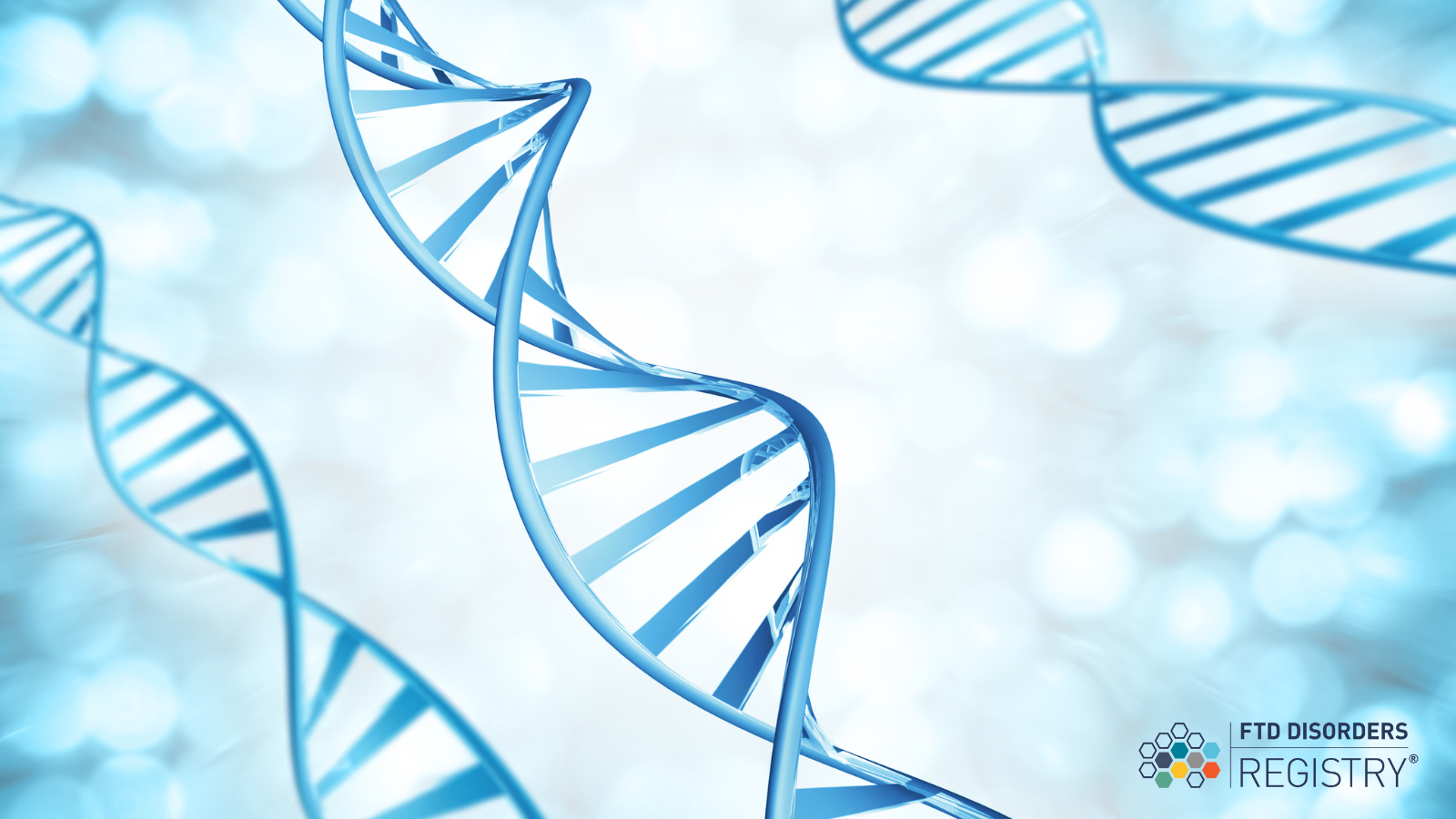
Understanding Sponsored Genetic Testing Options for FTD Disorders
Sponsored genetic testing programs exist because pharmaceutical companies and patient advocacy organizations have a vested interest in expanding access to genetic information. For companies developing treatments for frontotemporal degeneration (FTD), these programs can help identify people with a confirmed genetic diagnosis, locate individuals who might qualify for clinical trials, or better estimate how many people could benefit once a treatment is approved by the FDA. In some cases, sponsorship is simply intended to raise awareness or provide a supportive service to families.
In return for covering the cost of testing, sponsors may receive limited information. Identifying details such as your name are not shared unless you give explicit consent. However, the sponsor may learn which healthcare providers ordered the test so they can share information about related research or future treatments. Some programs also ask participants to enroll in a registry or join a mailing list as a condition of free testing. This means you may be contacted in the future, though opting out later is often possible.
When considering sponsored testing, it is important to know which genes are included. More than a dozen genes are linked to FTD disorders, but three genes (C9orf72, GRN, and MAPT) account for most genetic cases. Make sure any test you choose covers these key genes at minimum. If your family has a known genetic variant, confirm that the test can detect that specific change. If your family history includes other neurodegenerative conditions, you may want broader testing, but be aware that some sponsors limit coverage to the genes directly related to the treatment they are developing.
Read our Questions to Ask When Participating in Research onesheet.
Many sponsored programs also offer genetic counseling at no charge. This service helps you understand what testing can and cannot tell you and supports you in making informed choices for yourself and your family. Because genetic testing can reveal information about your own future health risks and may also highlight risks for relatives, it is important to understand any privacy considerations and to know exactly what information will be shared, stored, and protected before moving forward.
View the National Society of Genetic Counselors’ Find a Genetic Counselor Tool.
Sponsored Genetic Testing Opportunities
Bluefield Project’s Progranulin Information Navigator (non-profit)
- Open to individuals with a clinical diagnosis of FTD, and/or individuals (with or without symptoms) who have a biological family member with a known GRN variant.
- Genes included are: C9orf72, CHMP2B, CTSF, FUS, GRN, MAPT, SQSTM1, TARDBP, TBK1, TIA1, TMEM106B, UBQLN1, VCP, CHCHD10, OPTN, HNRNPA2B1, UBQLN2, and CSFR1
- Program managed by Probably Genetic
- Genetic Counseling by Everly Health (pre- and post-test)
- Psomagen administers testing (Variantyx administers testing for residents of NY state)
- Results go to the person tested and their genetic counselor
- De-identified patient information is shared with Bluefield Project (the non-profit sponsor) and may be shared with Probably Genetic’s customers and partners for research and commercial activities
Find out more about the Progranulin Navigator sponsored by the Bluefield Project.
Passage Bio (pharmaceutical company)
- Open to individuals living with FTD only
- Genes included are: GRN, MAPT, C9orf72
- Other genes: APOE, CHCHD10, CHMP2B, DCTN1, FUS, HNRNPA2B1, SQSTM1, TARDBP, TBK1, TREM2, UBQLN2, VCP
- Counseling by InformedDNA
- Testing by Prevention Genetics
- Results go to the person tested and their physician
- De-identified patient information can be shared with Passage Bio
Find out more about the FTD program sponsored by Passage Bio.


